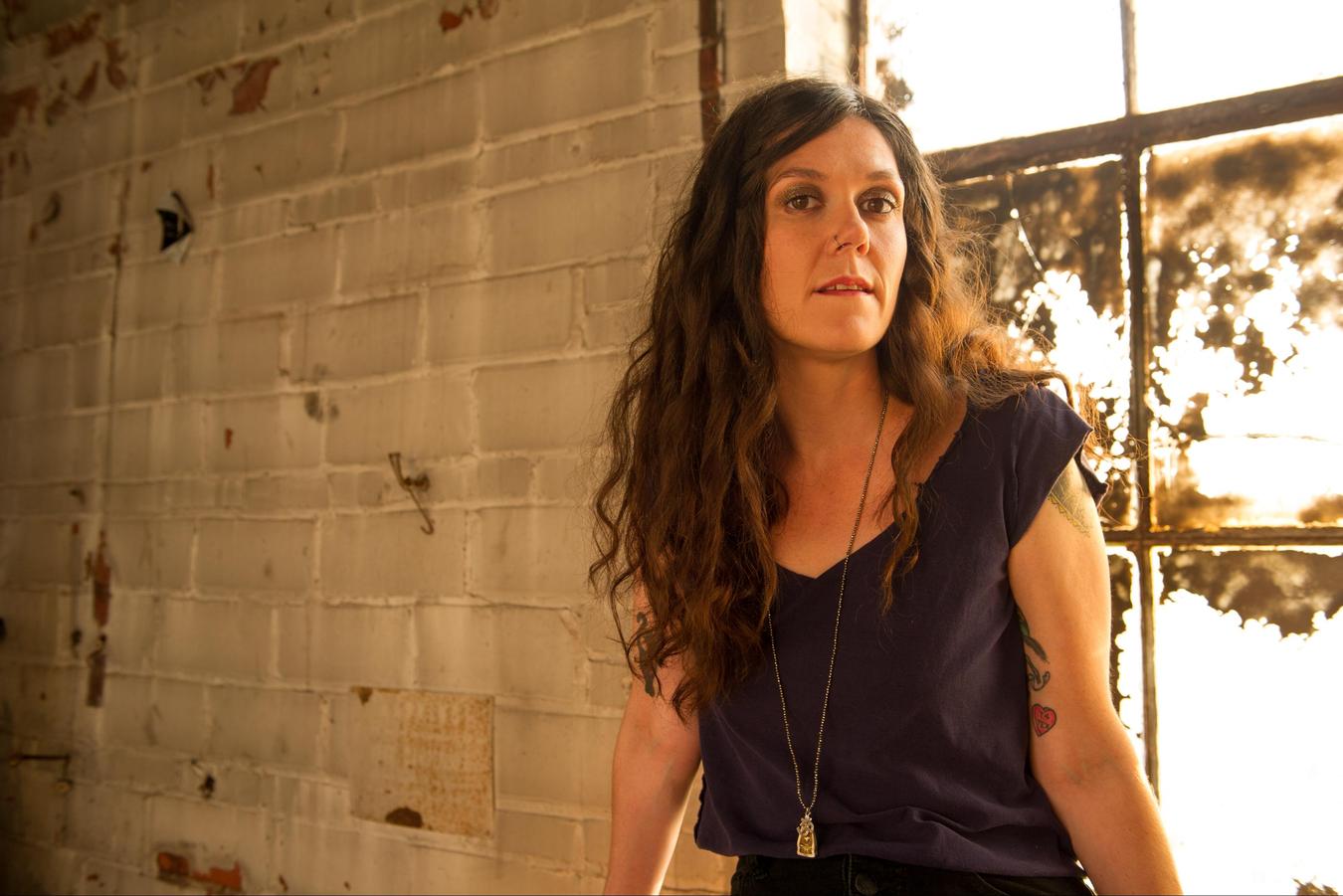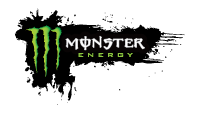Royal Blue, the second album by East Nashville firebrand Lilly Hiatt, is about the majesty
of melancholy—or, as she explains it, “accepting the sadder aspects of life and finding
some peace in them.” A dance between pedal steel and synths, the album examines the
vagaries of love and commitment but steadfastly refuses to romanticize any notion of
romance. Singing in a barbed lilt full of deep worry and gritty determination in equal
measure, she conveys emotions too finely shaded to be easily named, yet will be
familiar to any listener who’s had their heart broken—or has broken a heart.
This is, in other words, not a well-behaved singer-songwriter album. Instead, it’s feisty
and rough-around-the-edges, full of humor and bite and attitude from a woman who
proclaims, “I’d rather throw a punch than bat my eye.” Royal Blue hints at autobiography
without sounding self-absorbed, as Lilly transforms a rough patch of life i...
Show the rest
Royal Blue, the second album by East Nashville firebrand Lilly Hiatt, is about the majesty
of melancholy—or, as she explains it, “accepting the sadder aspects of life and finding
some peace in them.” A dance between pedal steel and synths, the album examines the
vagaries of love and commitment but steadfastly refuses to romanticize any notion of
romance. Singing in a barbed lilt full of deep worry and gritty determination in equal
measure, she conveys emotions too finely shaded to be easily named, yet will be
familiar to any listener who’s had their heart broken—or has broken a heart.
This is, in other words, not a well-behaved singer-songwriter album. Instead, it’s feisty
and rough-around-the-edges, full of humor and bite and attitude from a woman who
proclaims, “I’d rather throw a punch than bat my eye.” Royal Blue hints at autobiography
without sounding self-absorbed, as Lilly transforms a rough patch of life into smart,
sturdy, sometimes even hilarious songs that don’t sit squarely in any one genre. Instead,
Royal Blue reaches out boldly and playfully into many different sounds and styles: Austin
folk rock, Pacific Northwest indie, pre-Oasis Britpop, New York punk ca. 1977. There are
‘90s alt guitars and ’00 indie synths, some twang and some Neko Case and Kim Deal.
Setting the tone for the album, “Far Away” marries a shimmery Cure synth theme to a
steady rock-and-roll backbeat, as Lilly explains the devastating realities of a love gone
sour: “I have never felt more far away than when you were right here.” When she
delivers a volley of ooo-ooo-ooohs on the coda, it’s hard to tell whether she’s lamenting
her loss or proclaiming her freedom. Even at its most personal, Royal Blue remains
complicated and often contradictory. The surging surf-country number “Machine” hints at
rebellious adolescence while “Somebody’s Daughter” is a nod to Lilly’s songwriting
father, John Hiatt.
Lilly’s songs are equal parts romantic autopsy and acid kiss-off to a dismissive lover. He
shows up again on the fidgety “Get This Right,” with its insistent drum patter, churning
guitars, and anthemic chorus. “When you turn your lamp off, please hear my sweet, soft
voice,” Lilly sings over the gentle acoustic strums and Doppler-effect synths on “Your
Choice.” Then she adds, with startling finality, “You made your choice.” Royal Blue is not
your typical break-up album, though. Lilly would rather rock than mope.
To say she comes by it naturally shouldn’t imply that it’s all easy for her. Her father is a
famously eclectic singer-songwriter whose tunes have been covered by Emmylou Harris,
Nick Lowe, Willie Nelson, and Bob Dylan, among others. Living just outside of Nashville,
he provides gentle counsel and sage advice to his daughter. “I’d be a fool not to take it,”
she says. “We have a really good relationship, and there’s a lot of trust there, so I feel
comfortable talking to him about certain songwriting predicaments. I played him some
songs I was trying to write, and he said, these are really good, but it sounds like you’re
trying to do something different. You don’t have to come up with special chords or
anything. Why don’t you just be you? That was simple advice, but good advice.”
Lilly being herself means playing songs that are sharply witty, brutally frank, and
musically adventurous. In that regard, her backing band has proved crucial in helping her
realize her full potential as a songwriter and performer. The group has been playing and
touring with her for years, and they played on her 2012 debut, Let Down. “We’re tougher
now with a new confidence in our playing,” she says of the band, which includes Beth
Finney on lead guitar, Jake Bradley on bass, Luke Schneider on pedal steel guitar and
Jon Radford on drums.
It helps that they all share a love of ‘90s alt-rock bands, which comes through in the
distressed guitars, the urgent backbeats, and the post-punk synths. Lilly cites the Pixies
and the Breeders as influences on this record, as well as Dinosaur Jr. and—her all-time
faves—Pearl Jam. The group recorded these dozen songs at Playground Sound, a small
studio located in producer Adam Landry’s backyard in Nashville.
“I know Adam and am a fan of his work,” Lilly says. “I also knew he did analog recording,
which excited me. I wanted to try that.” She chose Landry because he was a versatile
rock producer who has worked with Deer Tick, T. Hardy Morris of Dead Confederate,
and Hollis Brown. “Sometimes I think it might be easy to take my songs to Twang Town,
if someone wanted to, but they’re not country songs. I had a feeling Adam would bring
out other things in the music. Which is exactly what he did.”
In the studio, Adam credits Lilly with being game for anything: “She would be playing
electric guitar with her band, and I’d be in the control room running the tape machine. I
had an old KORG polysynth plugged into a Memory Man. I reached over and started
playing it, and she didn’t miss a beat. She’d just go with it. She trusted me and was
open-minded, and I think that helped create that sort of late ‘80s/early ‘90s vibe on the
record.” But it all comes down to the songs themselves. “A killer backing track and a
killer vocal can be totally ruined by really stupid lyrics,” says Adam, who was drawn to
the stark candor of Lilly’s songwriting. “She’s just real honest. That’s the big thing here.”
“That’s the only way I know how to write as of now,” she admits. “Maybe that will
change, because writing always does, and maybe I’ll learn to take myself out of it a little
more and embellish the details. But right now I don’t know any other way. I hope people
don’t think, wow, she really has some issues. But you know what? If they do, that’s fine,
too. I have a hard time saying a lot of things in life, so it’s easier to do it through the
song. It’s a healthy coping process for me.”
Hide the rest












